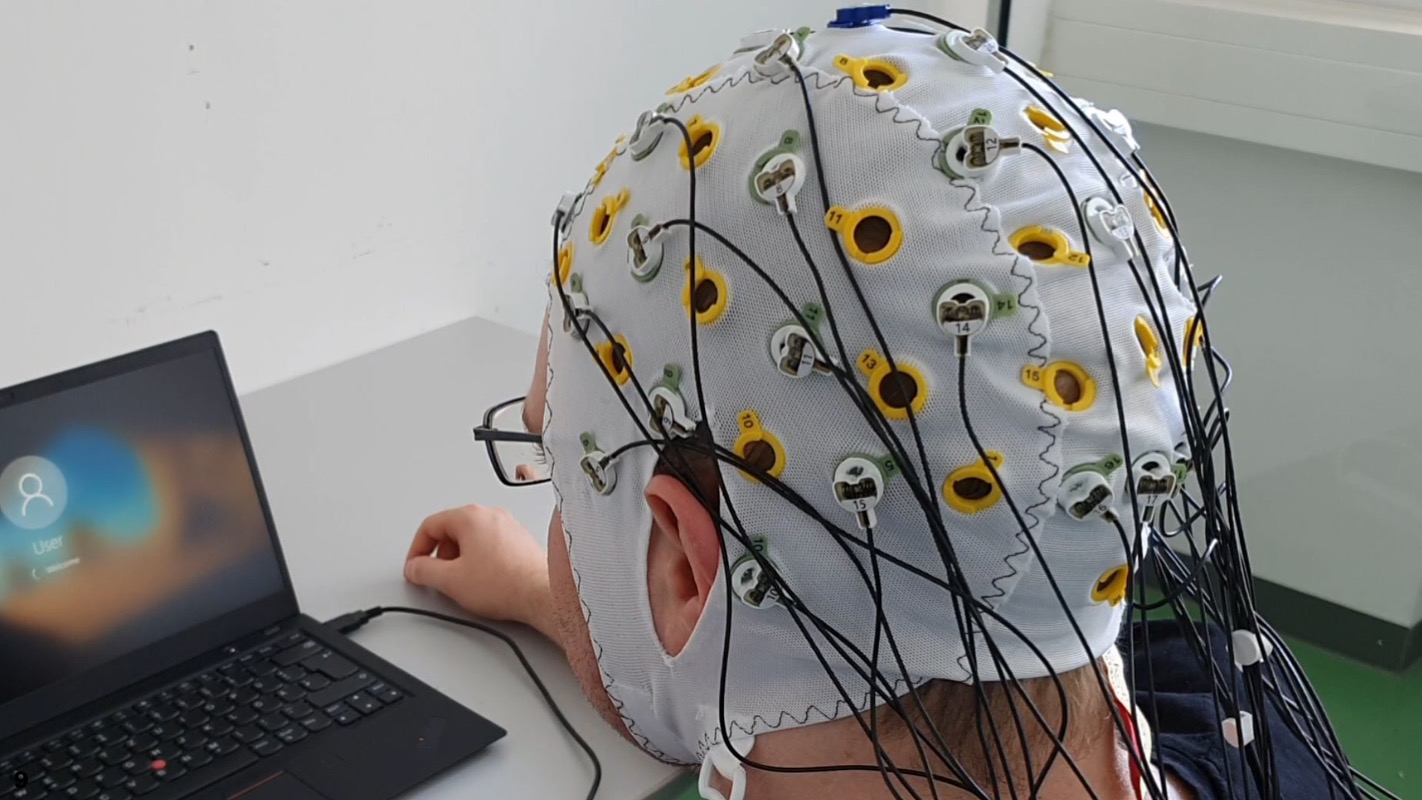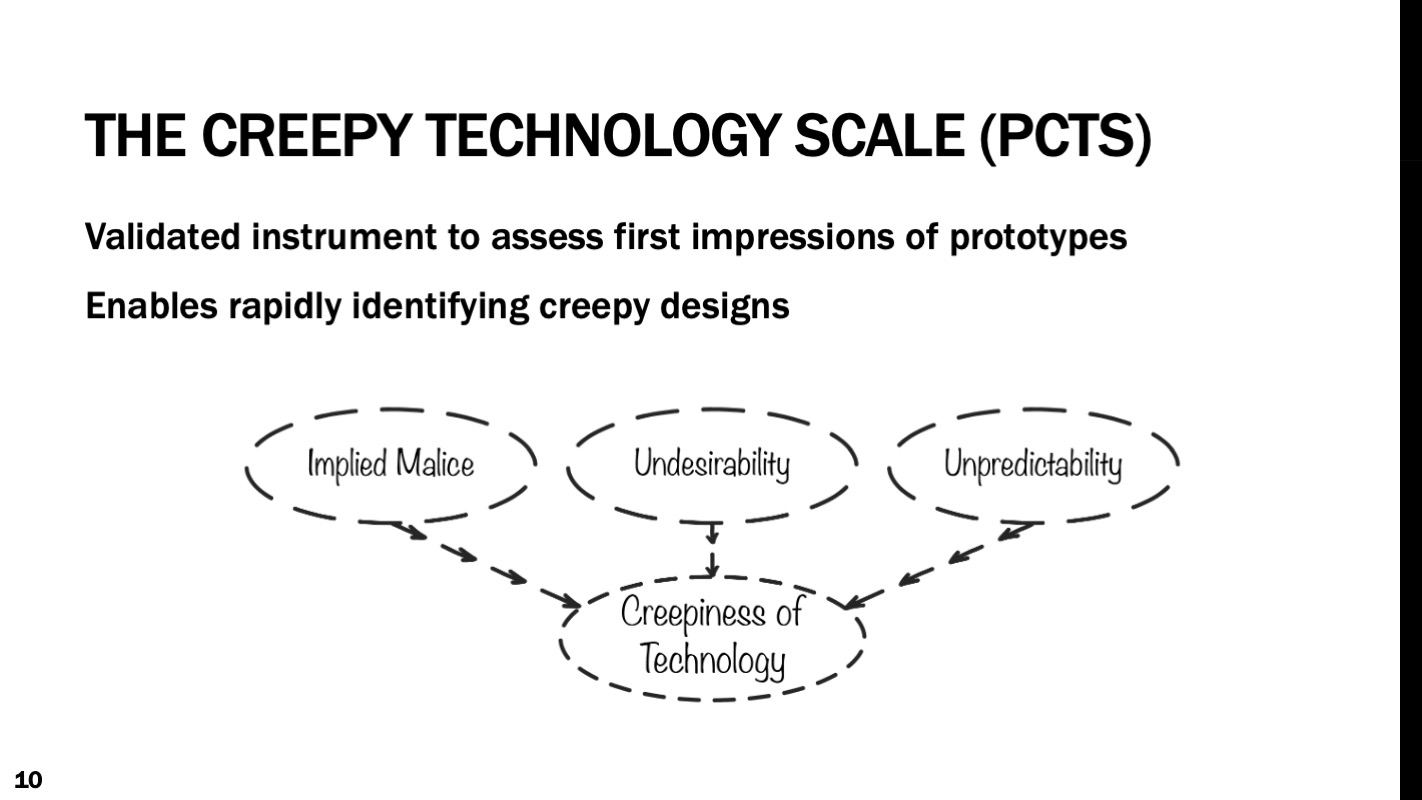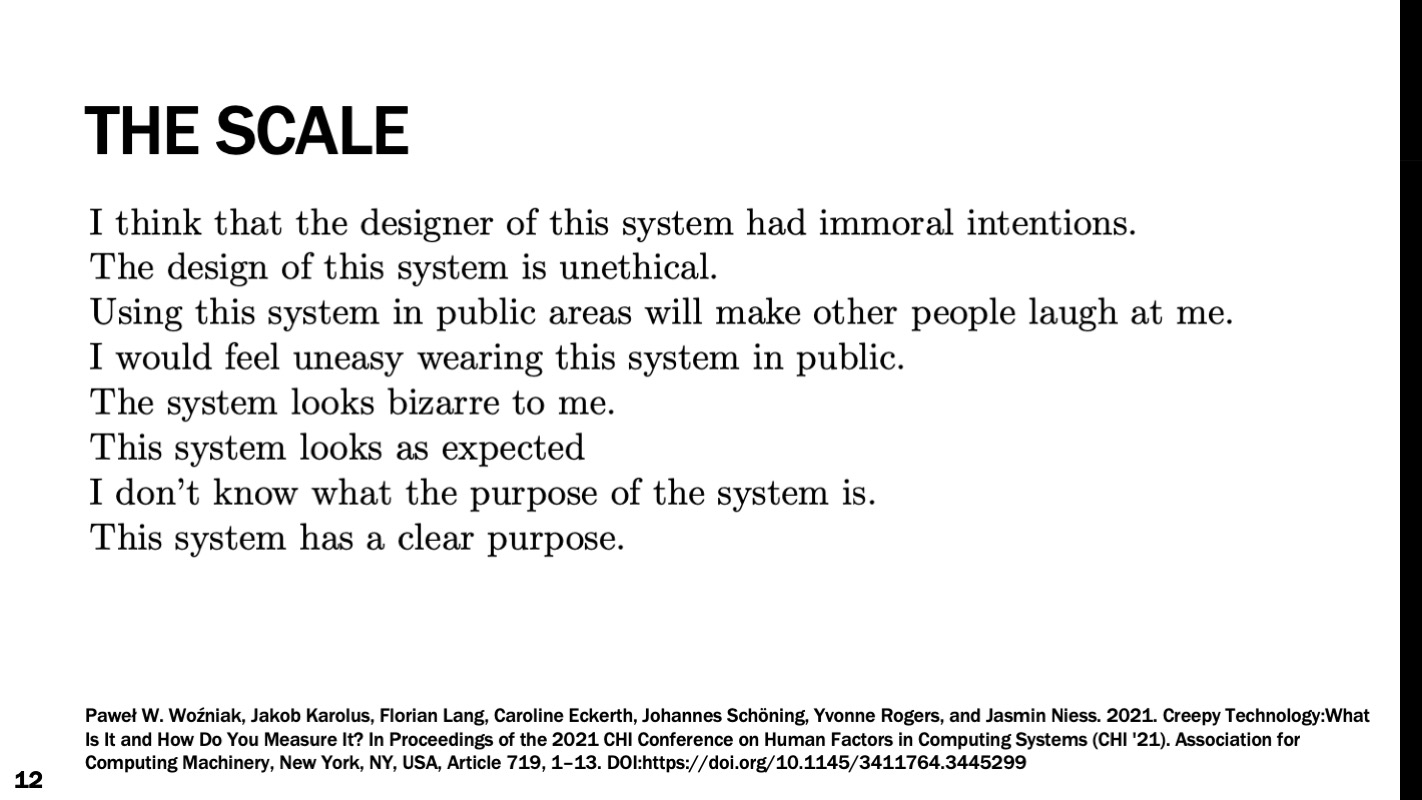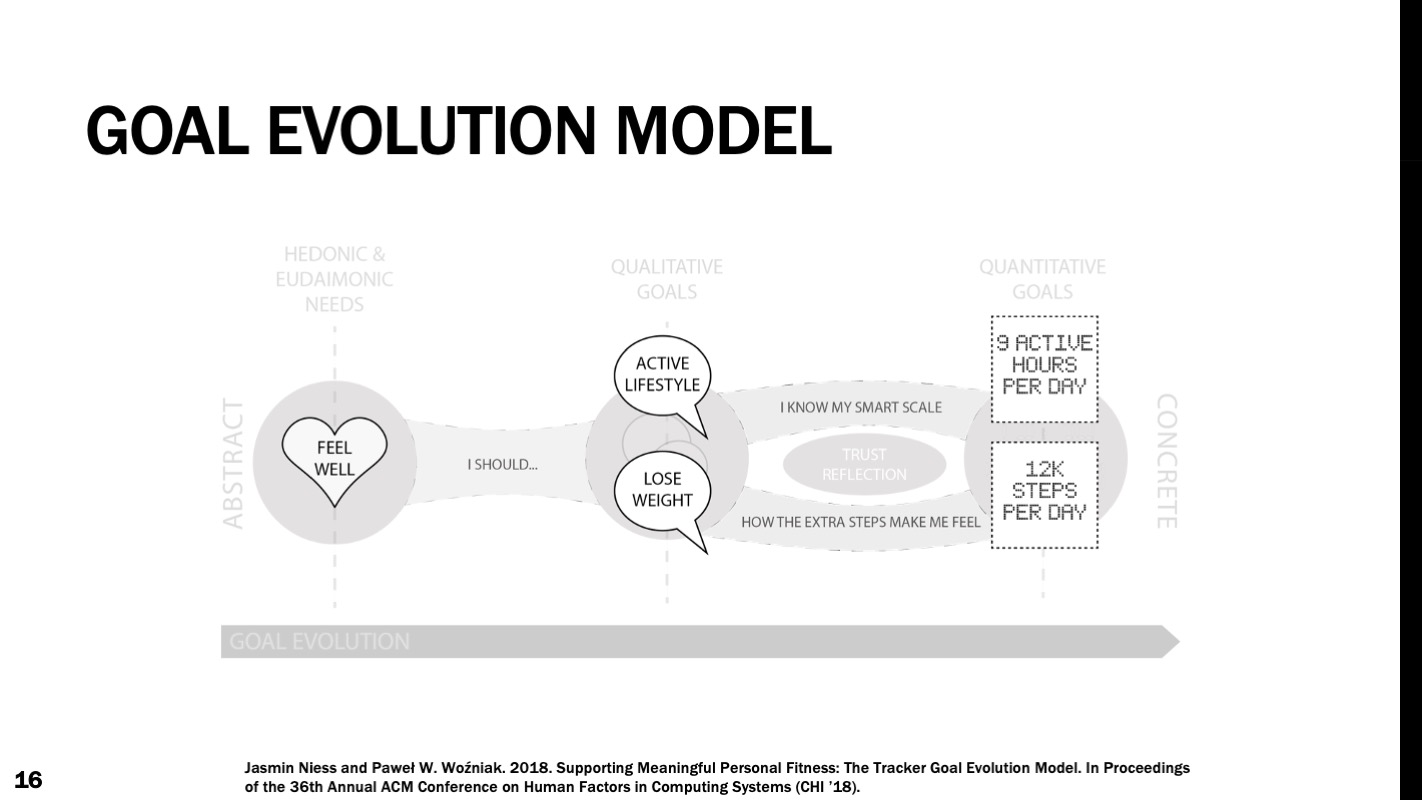The CTS//circle.responsibleComputing hosted the first brown bag talk in the new semester on Perspectives on Designing Interactive Technologies for Wellbeing with Prof. tekn. dr Paweł W. Woźniak. A recording of our session is available online.
About the speaker
Paweł W. Woźniak, tekn. dr is professor and head of research unit at TU Wien. Previously, he was associate professor at Interaction design, Chalmers University of Technology, assistant professor for Human-Centred Computing at Utrecht University and postdoctoral fellow at the Chair for Human-Computer Interaction and Socio-Cognitive Systems, University of Stuttgart. Paweł received his PhD degree in Human-Computer Interaction from Chalmers in 2016. Paweł’s key interests lie in the intersection of technologies, sport and wellbeing. His focus is on understanding the everyday experiences of physical activity to design better technologies that support wellbeing. To this end, he conducts studies in personal informatics, building an understanding of how uses gather, process and reflect upon data about their lives. Paweł loves to build stuff and he builds devices for sports particularly often. He also conducts research in multi-surface interactions, augmenting sensory perception and creepy experiences of interactive technologies. Paweł received numerous paper awards (CHI, MobileHCI, EICS) and assumed multiple roles of trust in the academic community (general chair of TEI'23, ISS'21, SIGCHI Poland Chair).

Seminar notes
Pawel discussed recent advances in Human-Computer Interaction (HCI) concerning user engagement and perception of interactive technologies. Pawel introduced two key projects: the Perceived Creepiness of Technology Scale (PCTS) and the Tracker Goal Evolution Model, both of which aim to enhance user experience and trust in personal technology.
Please find some of the contents presented during the seminar below:




Seminar details
- Perspectives on Designing Interactive Technologies for Wellbeing
- Prof. tekn. dr Paweł W. Woźniak
- 10. October 2024 12:00 - 13:00
- TU Wien: Gußhausstraße 27 - 29, 1040 Wien (Raum: CA0335) and online
Abstract: In this talk, I will present three perspectives on designing interactive technologies for wellbeing, which stem from our research. The systems perspective examines how integrated technological ecosystems can support understanding, exemplified by our work on making sense of complex running metrics through smart wearables. The method perspective focuses on tools for evaluating prototypes, highlighting the Creepy Technology Scale (PCTS), which we developed to identify potentially unsettling features in technology early in the design process. Finally, the understanding perspective emphasizes insights gained from users' experiences, such as the evolution of goals when using personal fitness trackers, based on our interviews and surveys. Together, these perspectives offer a comprehensive view of how to create interactive technologies that effectively promote wellbeing while considering users' comfort and evolving needs.